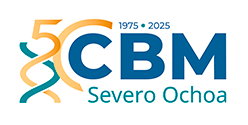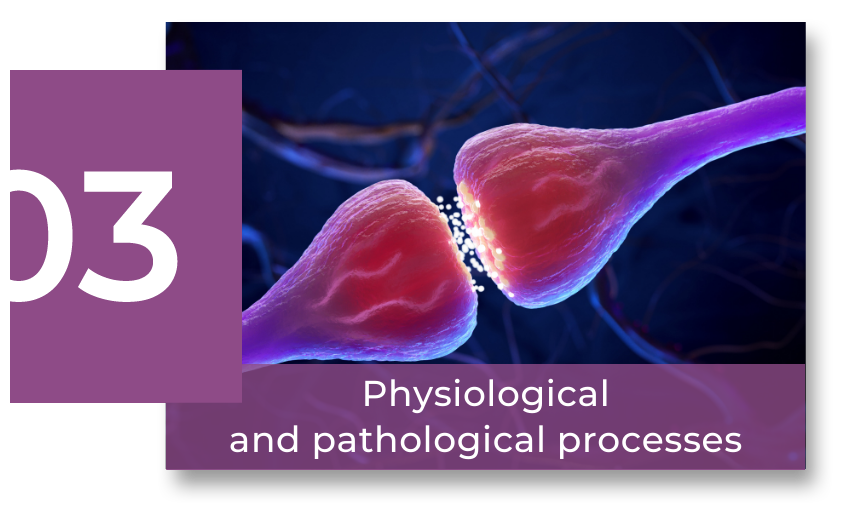Scientific Program
Physiological and pathological processes
RESEARCH GROUP
Genomic approaches to identify genes implicated across major psychiatric disorders

Claudio Toma
Our group is involved in the identification of genes implicated in psychiatric diseases, and the development of novel methods applied to translational medicine using genomic approaches. Family studies have established a strong genetic contribution to psychiatric diseases, but the specific genes involved still remain largely unknown. Psychiatric disorders are caused by a combination of common variants, each with a small effect, and multiple rare variants of higher penetrance. Our aim is to identify susceptibility genes implicated in bipolar disorder and other psychiatric conditions by performing genomic approaches via next-generation sequencing (NGS): whole-exome sequencing, whole-genome sequencing and RNA-sequencing. In our studies we combine NGS with evidence from genome-wide association studies (GWAS) and fine-mapping approaches.
Recently, we established a novel Spanish node for psychiatric genetics with clinicians at Fundación Jiménez Diaz, and founded the Madrid Manic Group (MadManic) that brings together geneticists, bioinformaticians, and psychiatrists aiming to develop novel translational tools applied to clinical practise that combine genomic risk from high-throughput arrays, digital records from ecological momentary assessment (EMA) devices, and machine learning approaches. We established one of the largest cohort in Spain of psychiatric patients (bipolar disorder, suicide, and schizophrenia) and controls with a biobank of biospecimens (DNA, RNA, and plasma) for genomics, transcriptomics and metabolomics. Concomitantly, we rely on clinical records from an extended electronic protocol centralised amongst psychiatric hospitals that collect data on clinical presentation and history of patients, response to medications, and several clinical and behavioural scales. These instruments are used for novel approaches in translational psychiatry.

Research
Our expertise in high-throughput data analyses has identified several genes in psychiatric disorders. Over the past years, we have adopted in a cohort of families with multiple affected members of bipolar disorder a combination of computational methods both in genomics and transcriptomics. Our aim is the identification of genes implicated in psychiatric conditions and the development of novel approaches in translational medicine as for the following projects:
– Combination of linkage analysis with exome sequencing in a large cohort of multiplex bipolar families that identified a linkage peak (LOD score > 3) on chromosome 10q11-q21, which is explained by rare pathogenic coding variants, including those from ANK3 gene, which association to bipolar disorder is supported by genome-wide association studies (GWAS) data. This approach showed to be an effective method for gene discovery in complex disorders.
– Gene differential expression analysis and gene network analysis using RNAseq data from bipolar patients and unaffected family members pointed to dysregulated pathways validated by genetic associations from GWAS of the Psychiatric Genomics Consortium.
– We are investigating whether genome-wide alternative splicing may globally play a major role in the pathophysiology of bipolar disorder. We use different computational approaches to study basic and complex alternative splicing as transcriptomic signature in bipolar patients, and unveil potential candidate isoforms with a role in psychiatry.
– We established the MadManic, a multi-disciplinary group involved in novel methods for translational psychiatry with the following aims: i) initiate pioneering approaches for identifying psychiatric patients at-high-risk for suicidal behaviour through artificial intelligence using both electronic monitoring data (mobile devices) and individual polygenic risk scores (PRS); ii) Identify patterns related to response to drug treatments through pharmacogenomics and pharmacotranscriptomics in bipolar disorder.
– Recently we established a large cohort of psychiatric patients and controls that will contribute to global consortia efforts, advancing our knowledge: i) in the genetics implicated in bipolar disorder, suicide and schizophrenia; ii) in the pharmacogenomics of lithium; iii) in clinical outcomes and presentations of bipolar disorder.
Group members

Claudio Toma
Lab.: 421/415.5.1 Ext.: 4731
claudio.toma(at)cbm.csic.es

Raúl Somavilla Cabrero
Lab.: 421 Ext.: 4744
rsomavilla(at)cbm.csic.es

Inés García Ortiz
Lab.: 421 Ext.: 4731
ines.garcia(at)cbm.csic.es

Miriam Martínez Jiménez
Lab.: 421 Ext.: 4731
miriam.martinez(at)cbm.csic.es

Li Ying Chen Chen
Lab.: 425 Ext.: 4464
liying.chen(at)cbm.csic.es

Luis Diego Romero Miguel
Lab.: 421 Ext.: 4744
ldromero(at)cbm.csic.es

Inés Carpio López
Lab.: 421 Ext.: 4731
ines.carpio(at)cbm.csic.es
Selected publications
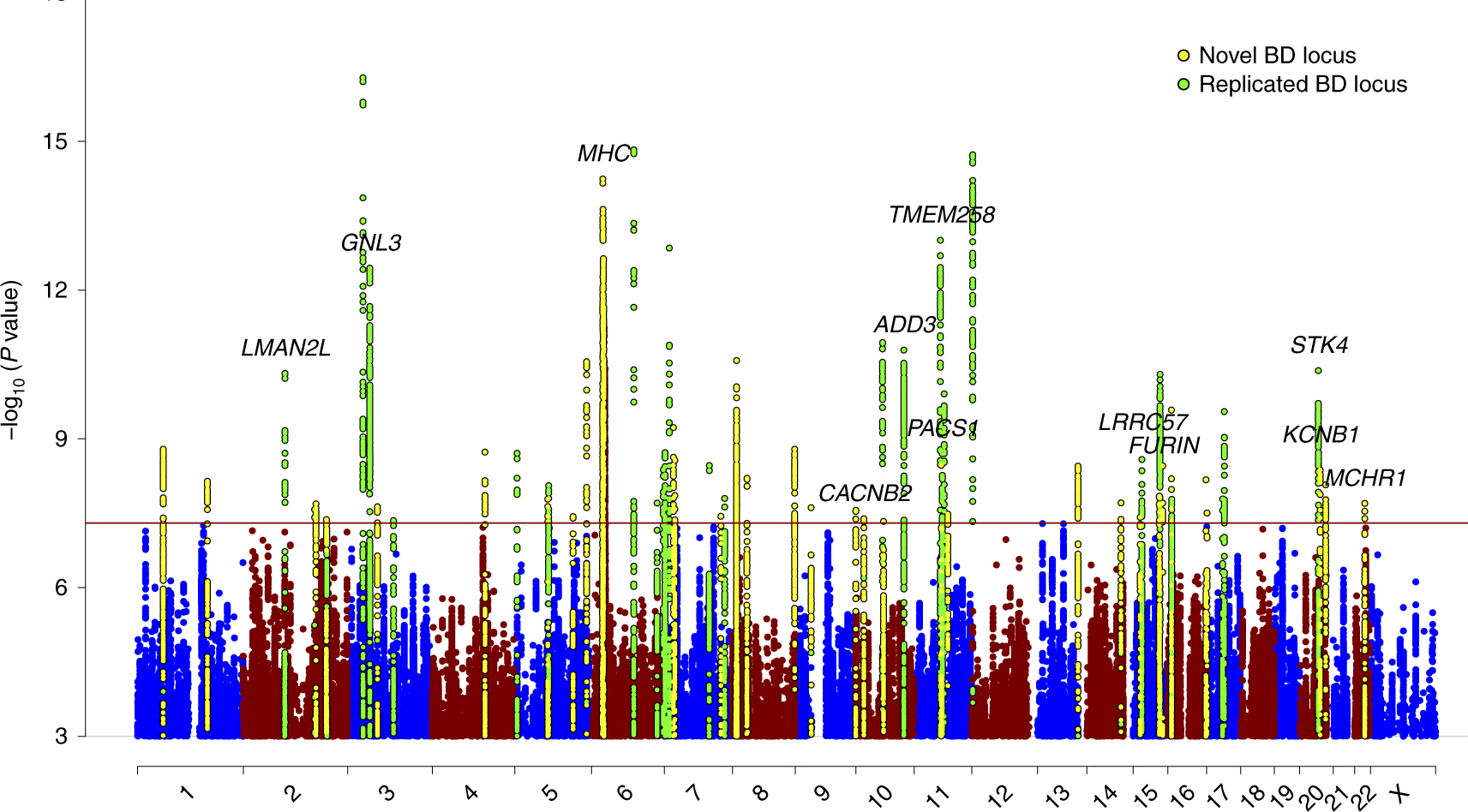
Genome-wide association study of more than 40,000 bipolar disorder cases provides new insights into the underlying biology
Niamh Mullins et al.
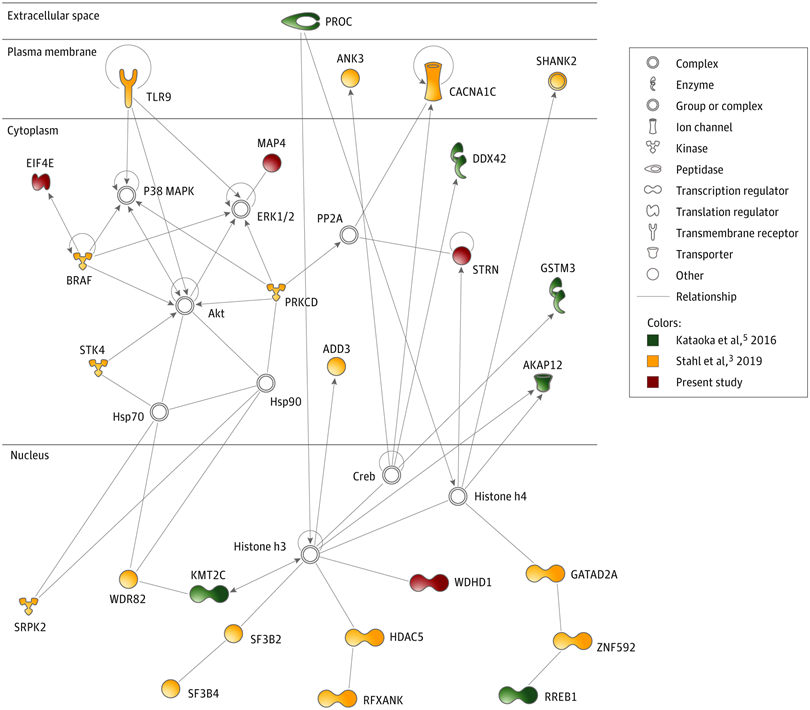
De Novo Gene Variants and Familial Bipolar Disorder
Claudio Toma et al.
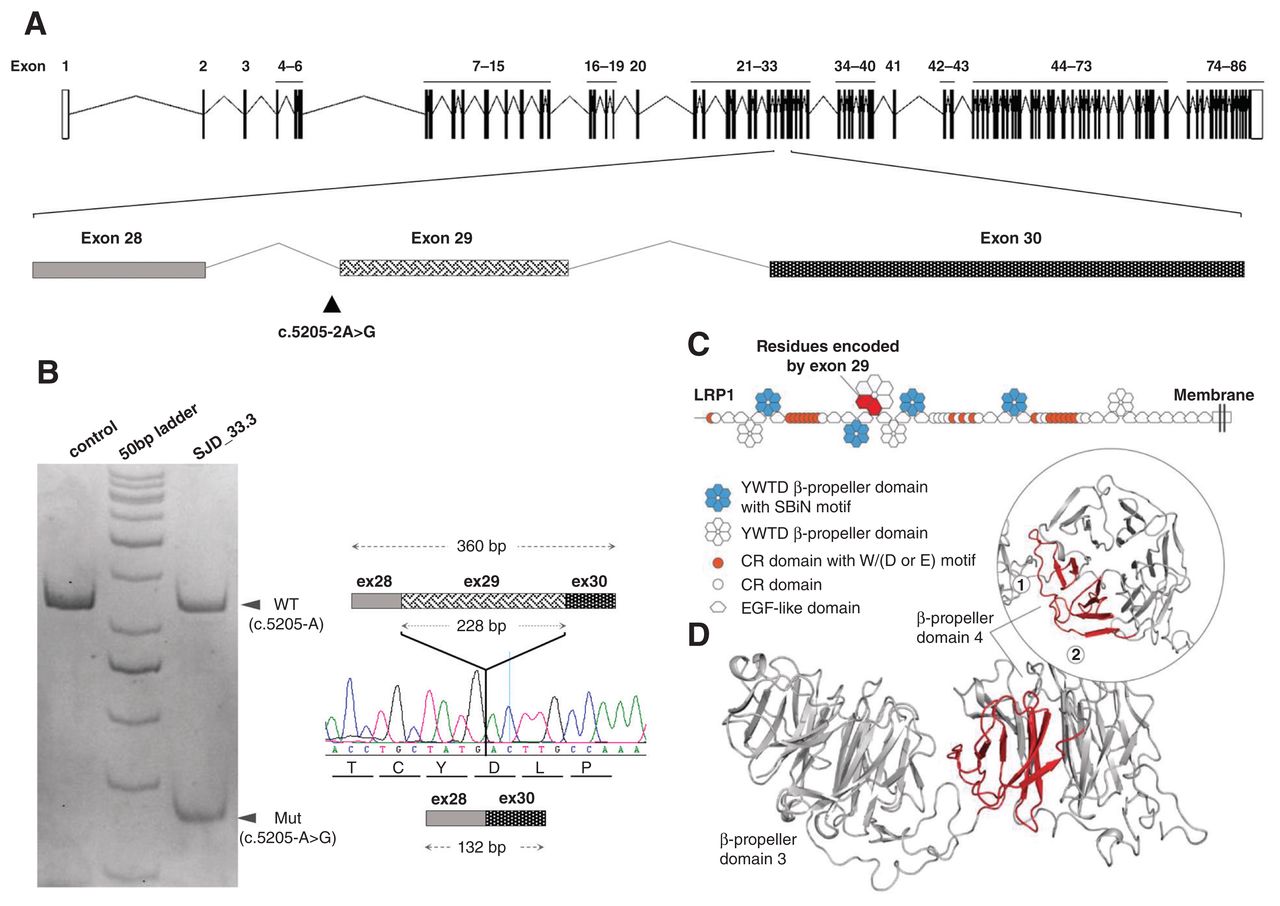
Truncating variant burden in high-functioning autism and pleiotropic effects of LRP1 across psychiatric phenotypes
Bàrbara Torrico et al.
Comprehensive cross-disorder analyses of CNTNAP2 suggest it is unlikely to be a primary risk gene for psychiatric disorders
Claudio Toma et al.
